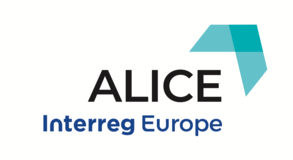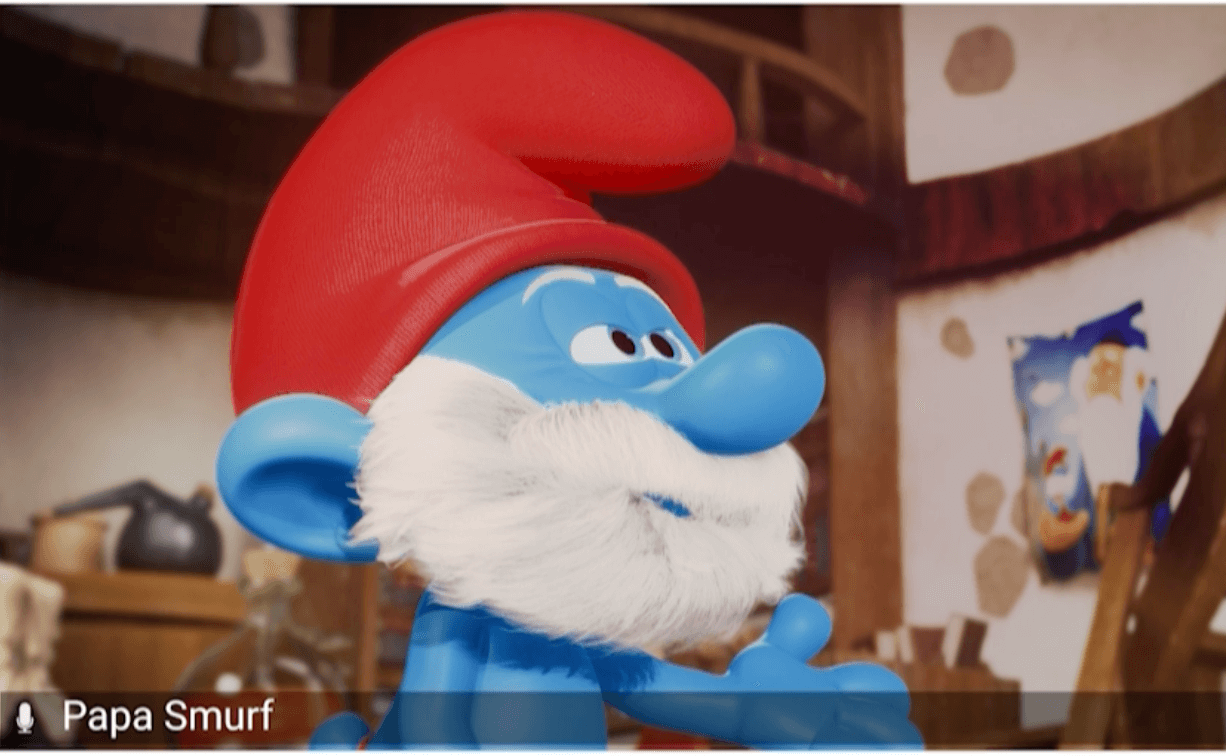On Thursday, January 16th, the Federation of Audiovisual Producers (PROA) held its initial meeting with stakeholders in Barcelona. The main objectives were to stress the vital importance of international cooperation for regional animation, identify the main obstacles to co-productions and start suggesting ideas for policy changes. Bringing together producers, representatives of the Catalan public television and members of the Catalan Institute of Cultural Businesses, the event was the first step towards more dialogue between companies and Government agencies.

The organizers showed, with supporting figures, that international co-production plays an essential role in keeping the Catalan animation sector alive. According to data collected by the Professional Association of Animation Producers ProAnimats, over 70% of Catalonia’s animated productions made in the last five years were international co-productions, primarily with France, Belgium and Italy.
Access to local funding is the main obstacle encountered by SMEs working in the sector, especially regarding the production of series. During the meeting, the participants pointed out that the lack of public support through direct and public TV channels funding, or through regulations obligating broadcasters and streaming platforms to support independent production makes it very difficult to get projects off the ground. They also stressed the need to bring certain regulations into line so that they will be compatible with the rest of the European partners. Iván Agenjo, president of the Professional Association of Animation Producers ProAnimats and animation vice-president of PROA, suggested launching a call on governments to increase the financial support to animated series and encourage collaborations within Europe. The first step will be to conduct an in-depth study of the sector in order to propose possible policy changes.
Attractiveness, related to the region’s ability to retain talent and to handle large projects, was the other main topic discussed in the session. The stakeholders deplored that the lack of a strong industry had pushed internationally renowned creators from the region to work on large-scale foreign productions. Businesses and professionals in attendance were encouraged to participate in an analysis of the local sector in order to design appropriate measures that can support the growth of a competitive and sustainable ecosystem for animation.
The meeting revealed the participants' strong belief in ALICE’s ability to build a solid foundation to strengthen the Catalan animation sector and foster the growth of an industry supporting European co-productions. This initial session resulted in concrete proposals to support local SMEs and the definition of a short-term action plan to move forward. It was also the opportunity to discuss with two of the representatives at the Catalan level who are able to influence these decisions.




